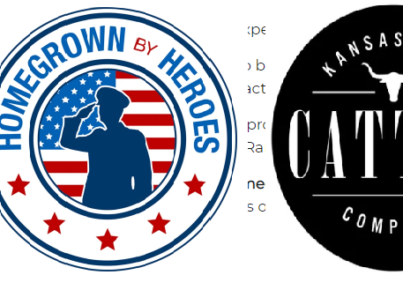Finding job is essential for any military personnel leaving the service as veterans at transition and entering the civilian world. But the challenges of leaving the military don’t end with joining a new company.
Veterans still have years after landing their first post-military job before they can declare that their transition was successful. Many may still have to deal with the lingering mental scars of war. The first job they get may not be the one that allows them to grow as individuals or employees.
Now, a new study suggests that what goes on in their first workplace may test their successful transition even more. Hill and Ponton, a Florida-based law firm that specializes in helping veterans, gathered data that looks at some of the results of life during that first job.
1. Veterans are twice as likely to make less than $25,000.
When compared to non-veterans in the same or similar careers, 19% of newly separated veterans made under $25,000 in their first post-military job. Civilians were only 8% likely to make so little. According to the U.S. Department of Health and Human Services, this would put a family of three just above the poverty line.
One reason for this may be the service member’s focus on securing a job — any job — to have an income after leaving the military. But “any” job is never as good as the right job. Because …
2. Veteran are five times as likely to be dissatisfied with their work.
Only 2% of civilians surveyed reported getting absolutely zero satisfaction with their current job. For veterans, this number ballooned to 11%. This means of the estimated 200,000 veterans who leave the military every year, 4,000 of them find jobs that do not satisfy them. This is an especially problematic result.
Veterans who are underemployed when leaving the military are being stripped of the sense of purpose, pride and responsibility they felt while in uniform. This sudden change for the worse can cause anxiety, stress, depression and may lead even to suicide. (continue reading)







You must be logged in to post a comment.